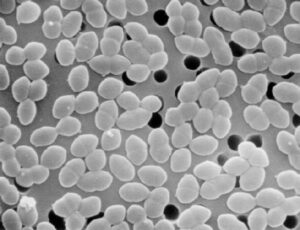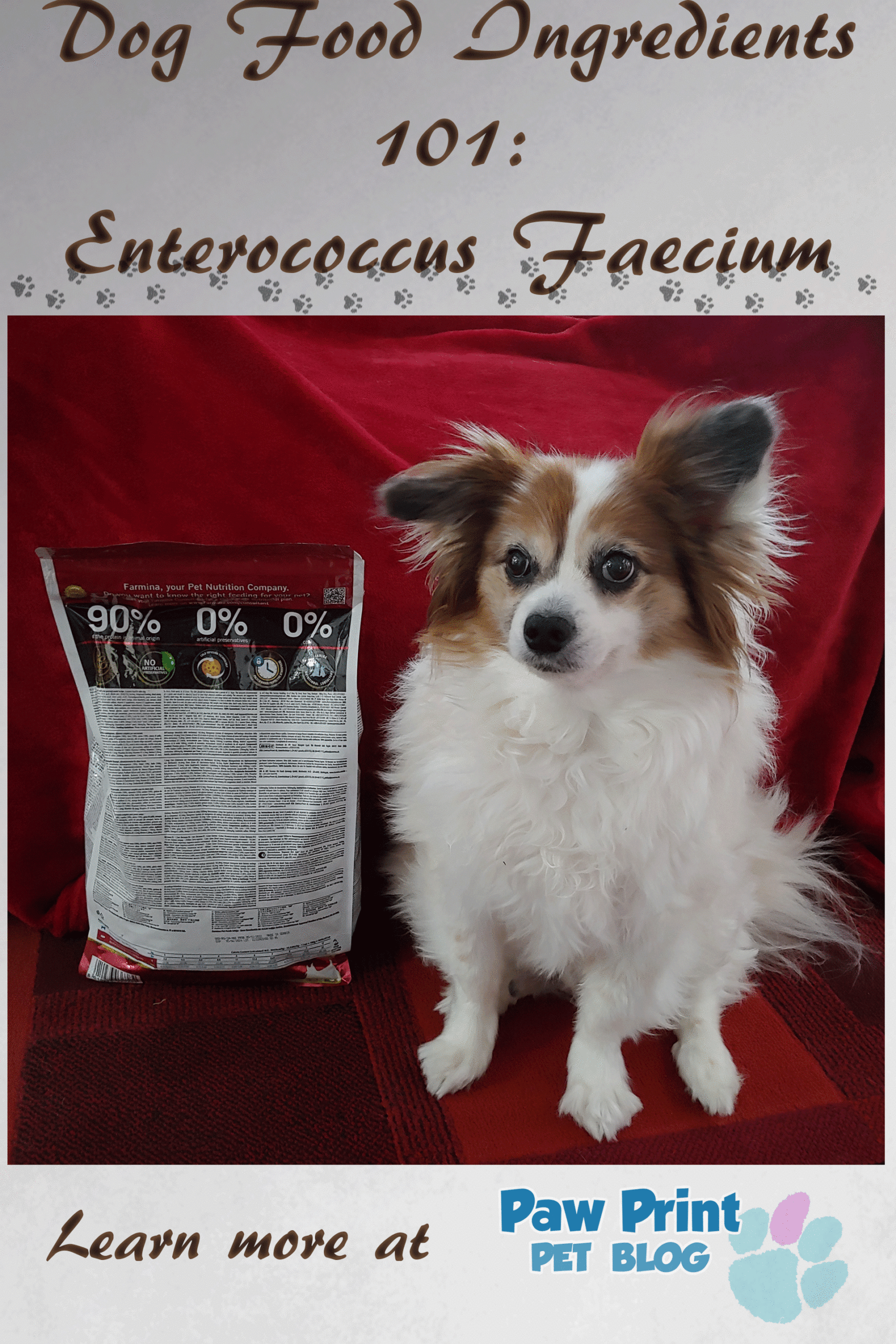 Do you give your dogs probiotics, or maybe even take them yourself? A healthy gut is everything! Did you know that some dog foods contain pre and probiotics already in the food? Making our lives easier, if effective, since it would eliminate the need to provide an additional probiotic supplement. Are probiotics in dog food actually effective? Today we’re going to look at one bacteria in particular, Enterococcus faecium.
Do you give your dogs probiotics, or maybe even take them yourself? A healthy gut is everything! Did you know that some dog foods contain pre and probiotics already in the food? Making our lives easier, if effective, since it would eliminate the need to provide an additional probiotic supplement. Are probiotics in dog food actually effective? Today we’re going to look at one bacteria in particular, Enterococcus faecium.
This post is part of our 2023 April blogging from A to Z Challenge! Join us this month as we go through the alphabet, A to Z, learning more about some of the ingredients that are commonly (or not so commonly, in some cases) found in our dog’s food!
Post Contents:
What is Enterococcus faecium?

Photo Credit: Janice Haney Carr. Public domain image.
Enterococcus faecium is a gram-positive bacteria commonly found in the GI tract of humans and other animals.
Why is Enterococcus faecium Added to Dog Food?
Enterococcus faecium is an example of what is referred to as a “good bacteria” when it comes to the GI tract of dogs. It’s commonly used in probiotic supplements designed for dogs. Probiotics are given to dogs for similar reasons as humans take them. They are thought to promote GI health, help treat GI issues, reduce inflammation, strengthen immune health, and promote general health.
Enterococcus faecium in particular can be a good choice of probiotic bacteria to add to dog food due to its ability to survive in extreme conditions.

Cons of Feeding Enterococcus faecium to Dogs:
There is some concern that Enterococcus faecium from dogs may be able to cause illness in people. Because it is so resilient, Enterococcus faecium seems particularly prone to becoming antibiotic resistant. Studies, such as this one conducted in 2009, have shown that dogs can be carriers of antibiotic resistant strains of Enterococcus faecium. This is of particular concern to dog owners who are immunocompromised in any way.
There is also some debate on whether probiotics added to dog food actually survives processing. Although Enterococcus faecium does seem to do better than other strains of bacteria. This study, conducted in 2003, determined that…
Overall, commercial pet foods that claim to contain probiotics appear to contain very low numbers of viable organisms, and often do not contain the species listed on the label. Whether this relates to improper addition of organisms during processing, failure to survive processing, or poor viability during storage is unclear.
Benefits of Feeding Enterococcus faecium to Dogs:
Enterococcus faecium can help to keep our dog’s GI tracts healthy. Supplementing with probiotics can be especially beneficial during times of stress or after a course of antibiotics. Studies have shown that Enterococcus faecium in particular stimulates the immune system of dogs.
So What’s the Verdict on Enterococcus faecium? Is it Safe as a Dog Food Ingredient?
Enterococcus faecium’s propensity to become antibiotic resistant is concerning. It is generally thought to be safe when used as a probiotic for dogs, but care should be taken if you, or someone in your family, is immunocompromised. Enterococcus faecium is commonly present in the GI tract of dogs even when they are not supplemented with the bacteria, however.
If your dog requires probiotics to help deal with a health issue, it’s important to remember that your dog’s food may not actually contain the amount of viable probiotics that it promotes on the bag. Supplementing with a stand alone probiotic is recommended.






No Comments